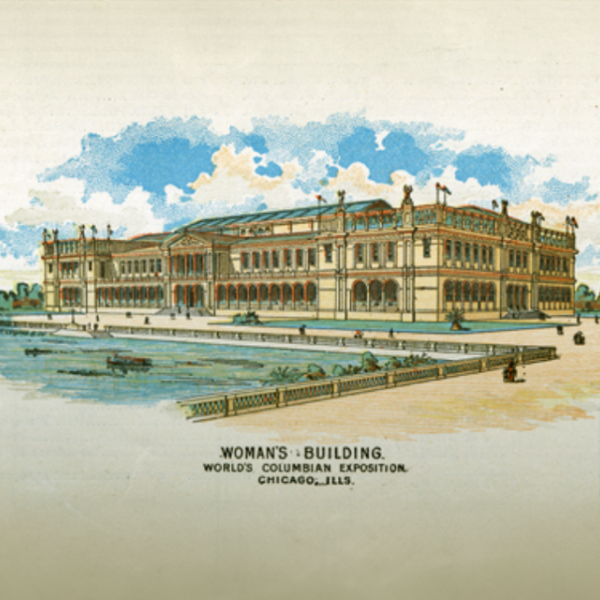In his new book, scholar Jeffrey McCune adopts the practice of “reading” — or giving a “long look over” — from queer black culture to newly scrutinize topics such as neo-slave narratives, homophobia in hip-hop, anti-black police and state violence.
Interview with scholar Jeffrey McCune
Jeffrey McCune broke new ground with his award-winning first book, Sexual Discretion: Black Masculinity and the Politics of Passing, which examined the practice of sexual discretion among black men as an alternative to the strict dichotomy of a “closeted” or “out” life. Now, he has taken on a new project that proposes an alternative lens for interrogating culture, once again created by queer men of color. His book-in-progress, “Read! An Experiment in Seeing Black,” continues his work of “unveiling a new world of black vocabularies and realities,” says McCune, an associate professor of women, gender and sexuality studies and a Faculty Fellow in the Center for the Humanities. “[Sexual Discretion] required my own refusal of media pedagogy, age-old LGBT studies work and even historic discourses of passing. This [new] book allows me to not isolate my disobedience to a singular subject but to read and challenge some of my favorite and most problematic institutions.”
Read on for McCune’s thoughts on the “disobedient” reading of culture, performance and everyday life.
What is the overview of your book project, “Read! An Experiment in Seeing Black”? Why is this project an “experiment”?
Sometimes being an academic — located betwixt and between disciplines — you are like an unruly child. This project is my entrée into the space of the intellectual who dares to disobey how (s)he has been taught to read culture, performance and everyday life. Some people simply call this “reading against the grain” or “moving outside the canon”; I call it “performing a disobedient reading.”
My emphasis is less on what one reads but rather how one reads. For so long, folks have been told to read the slave experience as a site of only terror and pain; there is no evidence of pleasure. Yet and still, the same folks name all types of pleasure at the scene of prisons around the world. Using experimental film as model, I ponder the significance of pleasure in the U.S. slave economy. And that’s just one example of the type of disobedient moves I make. The goal here is to afford space for intimate readings, which do not give over to how institutions have taught us to produce nice but incomplete refrains about blackness and black things.
What is the definition of “read” you're using? How, where and by whom has it been used?
For this project, I am borrowing from black queer vernacular, where “read” is an intimate engagement with a text, requiring a “long look over” and a strong interest (love even). I draw the method from the practices of black gay communities, where I have seen folks get to know each other so well, then utilize what they have come to know to tell the individual(s) what they never thought was apparent or available. To “read” blackness, or to “read blackly” if you will, is to be immersed in black stuff, to center black perspectives and politics, and to anchor one’s interpretations in that which is often unavailable to the common (white) eye.
But, reading in black queer vernacular goes deep. Thus, the findings may be even beyond the scope of those who are black and who commit themselves to more traditional ways of reading. Reading requires rigor and rebellion; it requires as much of a deep, intentional investment in disobedience as it does in intentional investments in blackness as terrain worthy of attention. With the black queer lens at center, the interrogations and discoveries in this project see sexuality and gender as necessary and not supplemental.
What other perspective does this form of “reading” have in interrogating the topics of your inquiry (neo-slave narratives, homophobia in hip-hop, anti-black police and state violence)?
For example, in the chapter titled “Reading the Black Church Sissy,” I suspend the refrain of the church as a homophobic space in order to interrogate queer attraction to the institution. Beyond self-loathing or -hating diagnoses, I pivot toward the pedagogy of the black church specifically, through its sexual teachings vis-à-vis sermonic and social texts, to understand the performative space as sometimes affording “flexible theologies.” In other words, how do the sermons about “going to the dyke club” or the social hours where the boys are critiqued for “too-tight pants” get utilized as repertoire for discovering one’s sexuality.




